

By Alex Stratikis, Autistic Traveler & Founder of Autism Adventures Aboard
Instagram: @autismadventuresabroad
Ways to enhance the experience for autistic and sensory sensitive guests and their families from the perspective of an autistic world traveler, Alex Stratikis
The field of accessible tourism is progressing rapidly, bringing significant benefits to autistic travelers and others with diverse needs. Tourism boards and popular attractions are now actively examining ways to enhance accessibility for their guests and customers – a commendable approach. It is not only a moral obligation for businesses to prioritize accessibility but also a realization of the financial consequences of failing to do so. With an estimated 1 in 5 individuals having a disability or impairment, it is crucial to acknowledge the necessity of embracing diversity and implementing non-traditional or standardized practices to cater to the needs of all potential customers, extending beyond the previously limited scope.

So, just what can be done by businesses to improve accessibility?
1. Recognize the Need & Staff Training
One essential aspect is for businesses to acknowledge the diverse needs within the autistic community, understanding that there may be various traits and differences among individuals. Although this may appear challenging, creating awareness and providing relevant training to staff members is crucial for progress. While a business may not achieve perfection initially or overlook certain key applications, the vital element is the dedication to enhancing and tailoring services and products to meet the ongoing needs of others. Train staff members to be knowledgeable about autism and how to effectively support autistic individuals. This includes understanding sensory sensitivities, communication techniques, and strategies for de-escalation or providing assistance when needed. Collaboration with external organizations like IBCCES can facilitate the implementation of this commitment and ensure continuous support. Additionally, it is vital for staff recruitment processes to consider qualities such as compassion, patience, adaptability, and a willingness to learn, change, and improve existing practices.
2. Understanding Barriers to Travel
Anxiety is one of the most critical barriers to travelling for many autistic people, so the creation of an inclusive environment is integral to minimizing this. Anxiety itself may be intensified by other common traits in those who are autistic, such as sensory sensitivities and auditory processing delays. Sensory-inclusive initiatives are now appearing more and more across the board and looking at existing examples (and how effective they are) should be used as a supplement for staff training.

3. No One Outgrows Autism
Another crucial aspect to consider is the transition of autistic children into autistic adults, as they should not be overlooked within the tourism industry. While many businesses concentrate on providing accessibility for children, it is equally vital to concurrently offer similar accommodations for autistic adults.
4. Flexibility and Understanding
Foster an environment of flexibility and understanding by being open to individual needs and preferences. Offering options for flexible scheduling, queuing systems, or allowing reasonable accommodations can greatly enhance the comfort and enjoyment of autistic travelers.
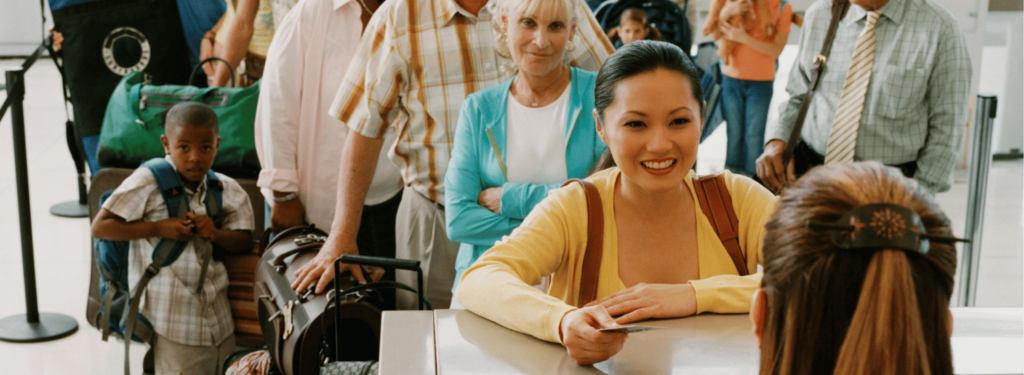
5. Raising the Voices of Autistic Individuals
It is also important for businesses to actively listen to autistic voices. There is no shortage of autistic advocates and academics who are excelling in their fields, and this plays very much into the “nothing about us without us” ideology that has gained traction in recent years. Hence, it is imperative that any new policy aimed at inclusivity or accessibility for autistic individuals include perspective and insights from the community whenever possible.
6. Communication
Lastly, it is important to provide full comprehensive (but not complex) advance information regarding your business’s commitment to accessibility and inclusivity. Not only does it help autistic travelers cope better when they can adequately prepare for their visit, but it also holds those in the tourism industry accountable to ensuring that the practices that underpin their accessibility statements are in place. In turn, this allows both parties to manage expectations, reduce any possible anxiety, and enables potential guests to understand the limitations of the adaptations available to meet their needs.
It is important to note that autistic individuals are diverse, and their preferences may vary. Engaging with the autistic community and advocacy organizations and seeking feedback can provide valuable insights for further improving the travel and entertainment experiences for autistic travelers.
If you want to know more about my travel experiences and destinations, please follow me on Instagram at @autismadventuresabroad or join my mailing list on my new website at www.autismadventuresabroad.com. You can also visit my Go Fund Me Page by clicking on this link https://gofund.me/cc62791d.
Looking for Ways to Make Your Organization More Inclusive?
Please fill out the form below to get connected with a team member for more information about IBCCES’ Certified Autism Center™ Designation



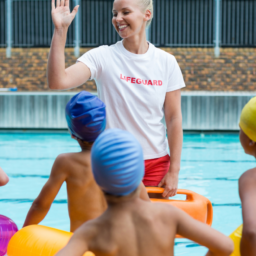

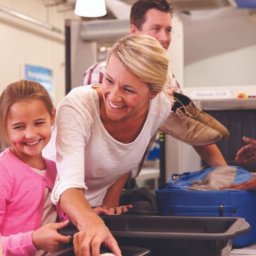

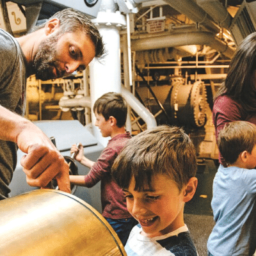
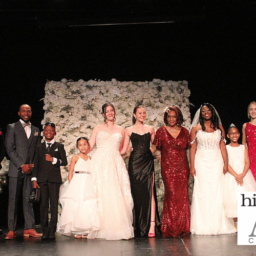
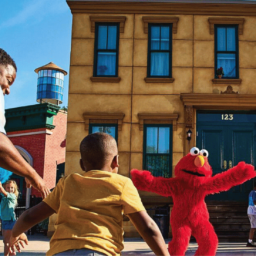
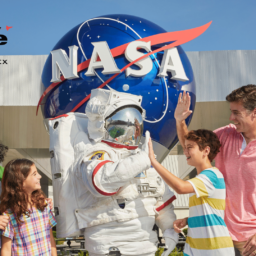


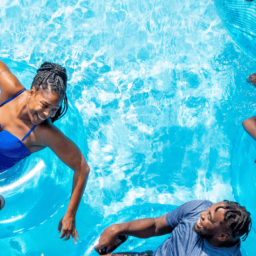
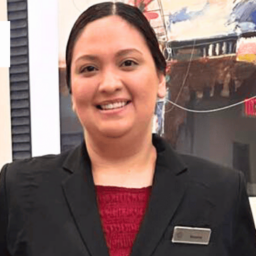
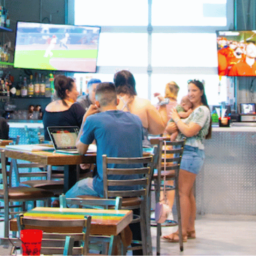
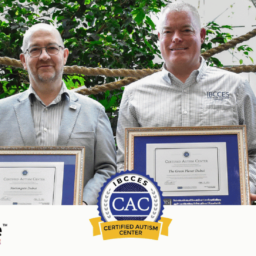
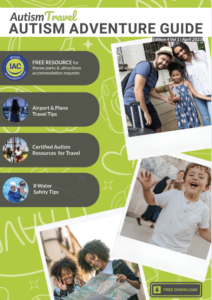
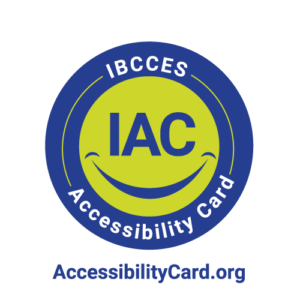 IBCCES Accessibility Card Now Available as a Mobile App
IBCCES Accessibility Card Now Available as a Mobile App